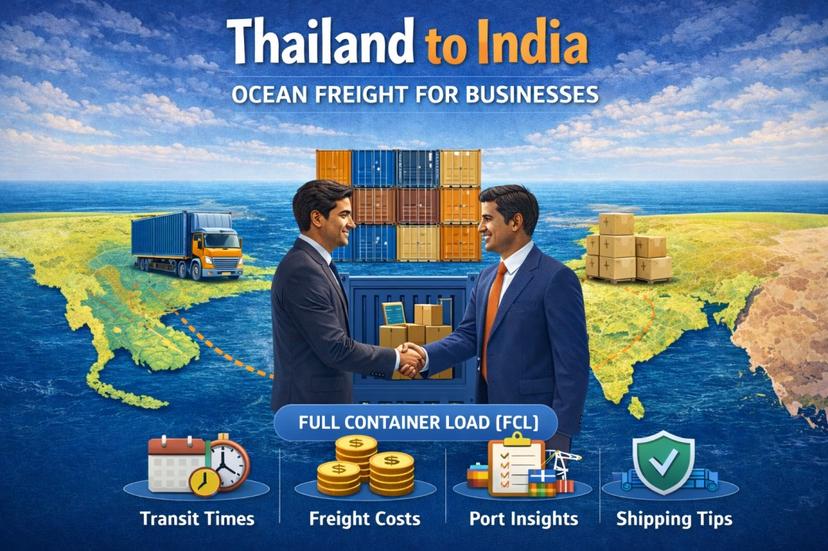In the world of international trade, clarity and understanding are paramount. This is where Incoterms, or International Commercial Terms, come into play. These standardized trade terms, established by the International Chamber of Commerce (ICC), outline the responsibilities and obligations of buyers and sellers in international transactions. Let's delve into what Incoterms are and why they are crucial for exporters and importers alike.
What are Incoterms?
Incoterms are a set of predefined terms used in international trade contracts to clarify the delivery terms, responsibilities, and risks associated with the transportation and delivery of goods. They provide a common language and framework for buyers and sellers to negotiate and manage the logistics of their transactions effectively.
Key Elements Important for Exporters and Importers:
EXW (Ex Works)
Important for Exporters:
- Ensuring goods are available for pickup at their premises or another designated location.
- Minimal responsibility for transportation and associated costs.
Important for Importers:
- Arranging and bearing all transportation expenses and risks from the seller's location to the destination.
- Handling export formalities and customs clearance at origin.
FCA (Free Carrier)
Important for Exporters:
- Delivering goods to a carrier or another nominated person at a specified place.
- Facilitating the loading of goods onto the transportation vehicle.
Important for Importers:
- Bearing responsibility and costs for onward transportation and risks from the named place of delivery.
- Handling imports, customs clearance and formalities.
FOB (Free on Board)
Important for Exporters:
- Delivering goods on board the vessel at the designated port of shipment.
- Assuming responsibility and costs for loading goods onto the vessel.
Important for Importers:
- Bearing responsibility and costs for onward transportation and risks once goods are on board.
- Arranging import customs clearance and formalities at destination.
CFR (Cost and Freight)
Important for Exporters:
- Delivering goods on board the vessel at the designated port of destination.
- Assuming responsibility and costs for transportation to the port of destination.
Important for Importers:
- Bearing responsibility and costs for unloading goods at the destination port.
- Arranging import customs clearance and formalities.
CIF (Cost, Insurance, and Freight)
Important for Exporters:
- Providing goods, transportation to the port of destination, and marine insurance coverage.
- Ensuring goods are delivered on board the vessel at the designated port.
Important for Importers:
- Handling imports customs clearance and formalities at destination.
- Assuming responsibility and costs for unloading goods at the destination port.
DAP (Delivered at Place)
Important for Exporters:
- Delivering goods to a named place of destination, ready for unloading.
- Bearing responsibility and costs until goods are made available at the agreed-upon destination.
Important for Importers:
- Handling imports, customs clearance and formalities.
- Assuming responsibility and costs for unloading goods at the agreed-upon destination.
DDP (Delivered Duty Paid)
Important for Exporters:
- Providing goods cleared for import, at the named place of destination.
- Assuming responsibility and costs for transportation, customs clearance, and import duties.
Important for Importers:
- Confirming readiness to receive goods at the agreed-upon destination.
- Assuming responsibility for unloading goods and final delivery.
In conclusion, understanding the nuances of each Incoterm is essential for exporters and importers alike to ensure seamless international transactions. By grasping the specific responsibilities and risks associated with each term, businesses can optimize their logistics operations and mitigate potential disputes.

